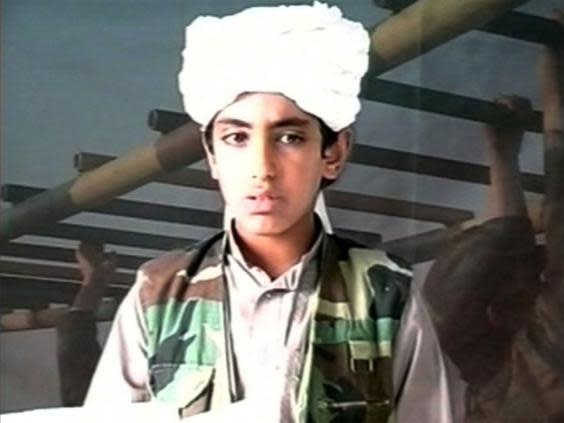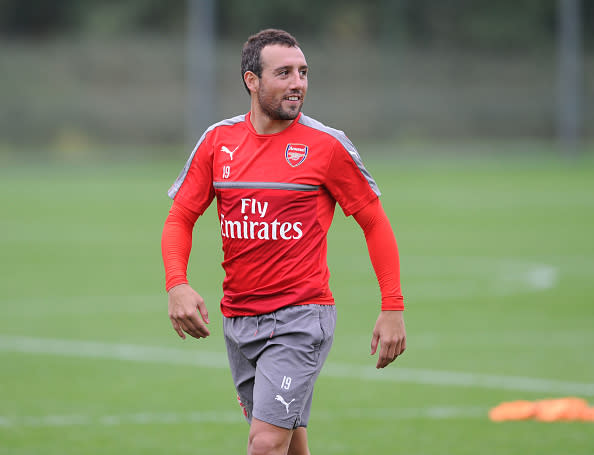JERUSALEM/BEIRUT (Reuters) - Two Israeli air strikes against Hezbollah targets in Syria in recent weeks seem to mark a more openly assertive stance toward the group after years of shadow boxing, requiring careful calibration to avoid escalation into a war that neither wants.

For most of the six-year-long conflict in Syria, Israel has stuck determinedly to the sidelines, not wanting to get sucked into the chaos unfolding to its northeast. While it is suspected of carrying out occasional attacks against minor targets, it has tended not to confirm or deny involvement.
But it is determined to stop Lebanon's Hezbollah, with which it fought a 2006 war, and which it sees as the top strategic threat on its borders, from using its role in the Syrian war to gain weapons and experience that could ultimately endanger Israel.
Since early in the conflict, the Shi'ite movement's energies have been focused on propping up President Bashar al-Assad in alliance with Iran and Russia, throwing thousands of its fighters into battle against Syrian rebels.






